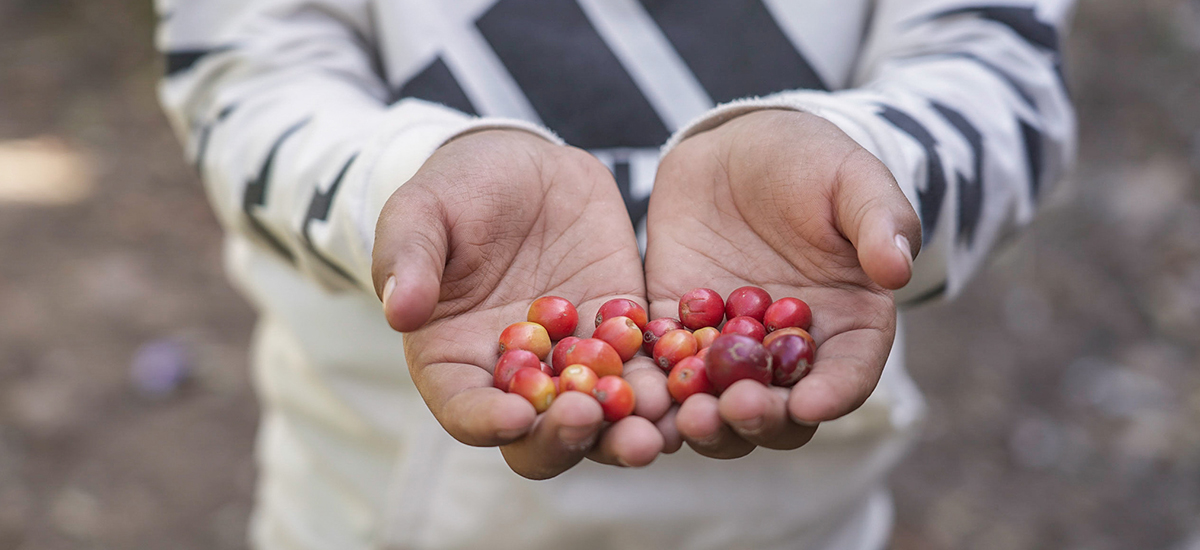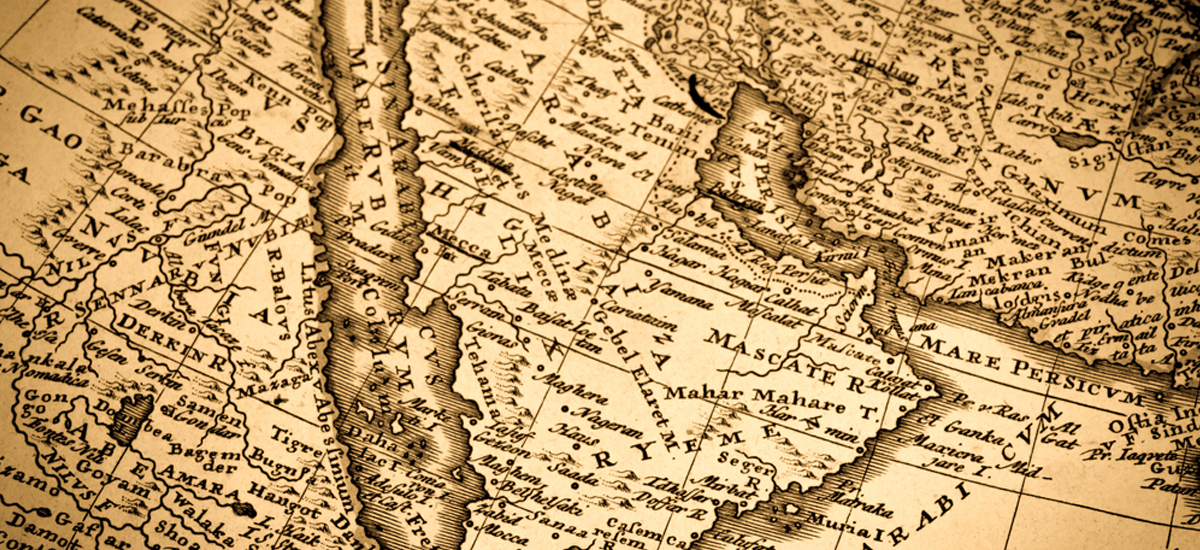
The Beginning of Coffee
If you ask anyone in the know about where coffee plants originated from, they are likely to say that these plants were native to the western regions of Ethiopia.
Coffee was recorded as a beverage over 1,000 years ago, dating back to the 6th century, when it was used within the Ottoman Empire.
But it was in Yemen where the plants were finally cultivated and developed to match modern tastes.
The first instance of coffee being consumed as a beverage was thought to be in western Yemen around the middle of the 15th century by Yemeni Sufi monks, who used it as supplement to keep them awake during night long meditation sessions and heighten their spiritual experience.
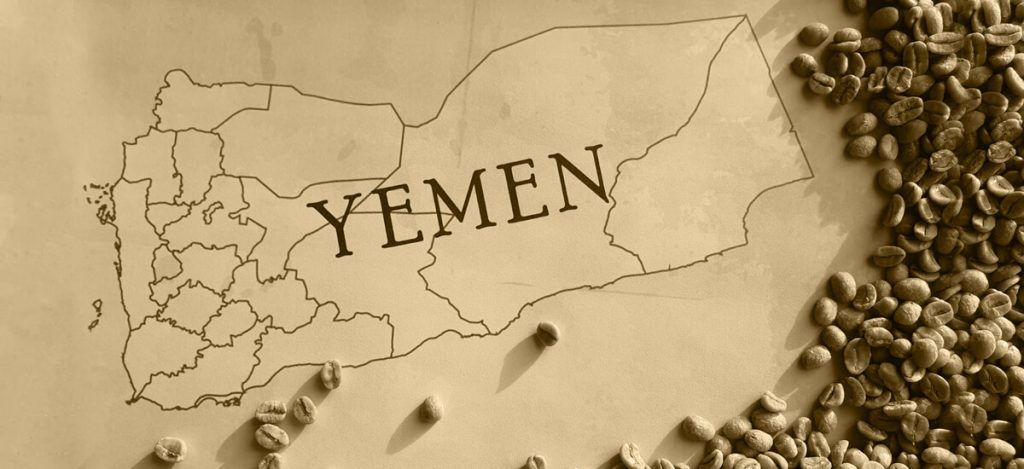
From barista brews to cupping forms to roasting curves and everything in between, this discovery signalled the birth of the world’s coffee consuming culture as we know it today!
Yemen prospered as coffee spread over the world and by the early 1700s, coffee exports accounted for nearly all the country’s wealth, with Yemen supplying all the global supply of coffee. It came as no surprise then when, in the 17th and 18th centuries, much of Yemen’s farming population shifted to coffee production as a result of this growth.
Coffee became a hub for trade, social contact, and even religious devotion. Its consumption spawned coffee shops, a new Yemeni export, and was used as a potent stimulant for religious practitioners – much like the Sufi monks’ centuries prior.
Despite this success, the Yemeni coffee trade was subject to several controversial bans, served as a spoil of war, and even inspired heists and espionage.
Al-Makha and the Rise of Mocha Port
Yemen’s coffee’s significant contribution to world history is best conveyed through the historic port town of Al-Makha.
Yemen fine-tuned and carefully guarded their valuable caffeinated commodity under the Ottoman Empire’s cover. They developed a global monopoly on the coffee trade centred around this sleepy harbour due to their refusal to sell live coffee plants or seeds.

Al-Makha coffee became known simply as Mocha coffee, a name that had nothing to do with the chocolatey coffee drink that is available today. (The term “mocha” is also used to denote a Yemeni coffee varietal that is “genetically extremely close to Bourbon,” according to the SCA.)
Mocha Java is one of the world’s oldest and most well-known coffee blends, thanks to the link of Al-Makha port to the Indonesian island of Java.
Yemen’s monopoly on the coffee trade, as well as the city of Al-Makha, eroded as global coffee production expanded.
Yemen wasn’t able to keep its secrets for much longer and Dutch traders soon got their hands on a live coffee plant.
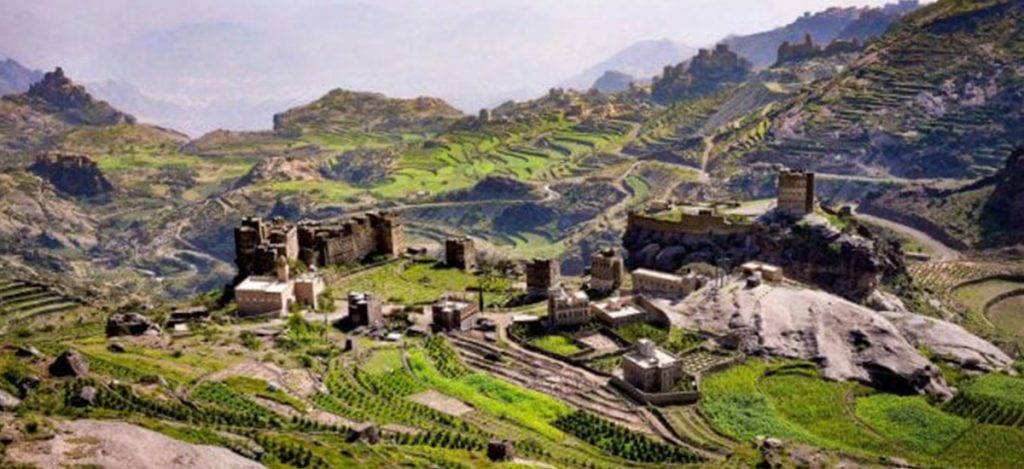
This, in conjunction with plantations beginning to develop up outside of Yemen’s and the Ottoman Empire’s borders signalled a shift in prominence.
Colonial powers such as the Dutch, British and French eventually began manufacturing and exporting their own coffee, usually under forced cultivation systems in which farmers were forced to grow and sell coffee at the colonial trade company’s price and volume.
Yemeni coffee could not compete with cheap coffee supplies and little quality-based differentiation from the market, and its market share began to rapidly diminish.
Yemen went from being the world’s only coffee exporter to having a miniscule fraction of the market in just a few centuries. Yemen was only producing 6% of the world’s coffee by 1800.
It’s now less than 0.1 percent, however, Yemeni farmers who have been working in coffee farming for numerous generations, dating back 400-500 years, can still be found upon visiting the country!
Mocha in the 21st Century
Yemen has maintained reputation in the world of specialty coffee despite the rest of the globe finally catching up to it in terms of coffee farming and production. Its beans have a wild and unusual flavour that continues to entice drinkers.
This may be due to the fact that, despite the passage of centuries since Al-demise, Makha’s Yemeni farmers continue to do their labour as though nothing has changed in the last 400 years.
There is no debate over whether harvesting should be done by hand or by machine. Only 100% all-natural selective harvesting and dry processing are acceptable to them for the coffee blossoming on Yemen’s rugged mountaintops.
Yemeni farmers have a phrase that goes something like this: “You must care for the coffee as you would care for a child.” You can witness the reality of this adage if you visit their fields.
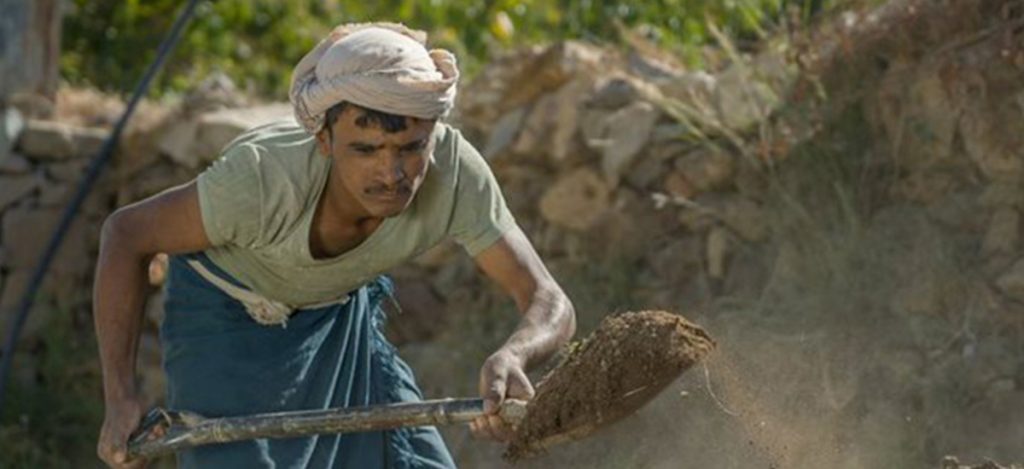
Farmers cultivate their coffee with an intimate delicacy passed down through generations atop high-altitude agricultural shelves built into the rock.
You’ll notice a lack of chemicals and an excess of hands-on care and accuracy, whether they’re incubating seeds in ash to reduce moisture before planting, burning weeds on Saturdays to eliminate insects, or employing their local cattle to supply organic fertiliser.
A cup of Yemeni coffee is a unique experience. It’s a caffeine pick-me-up, a culturally enlightening craft, and a look back in time all rolled into one.

